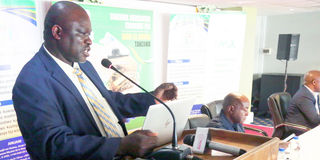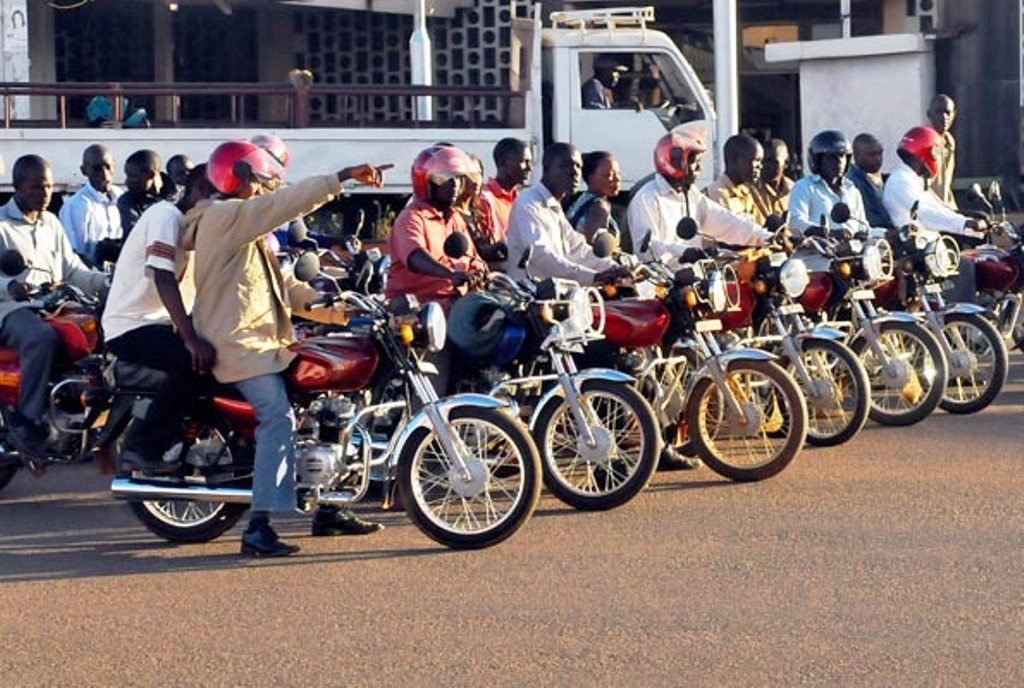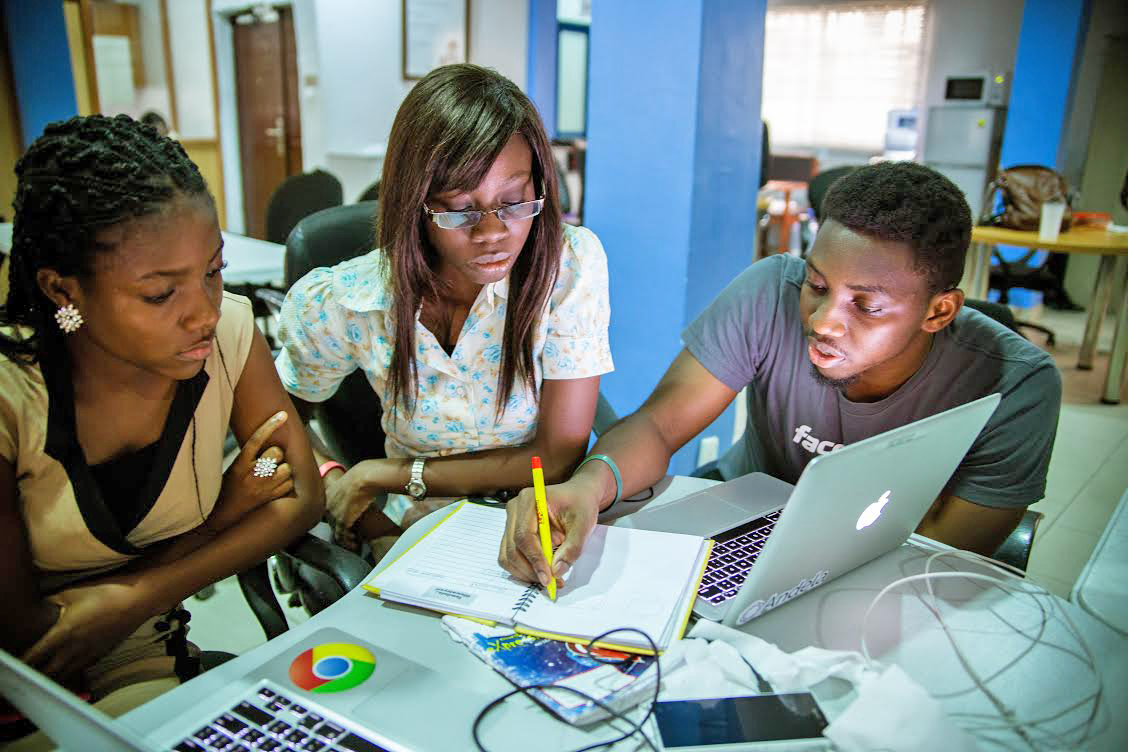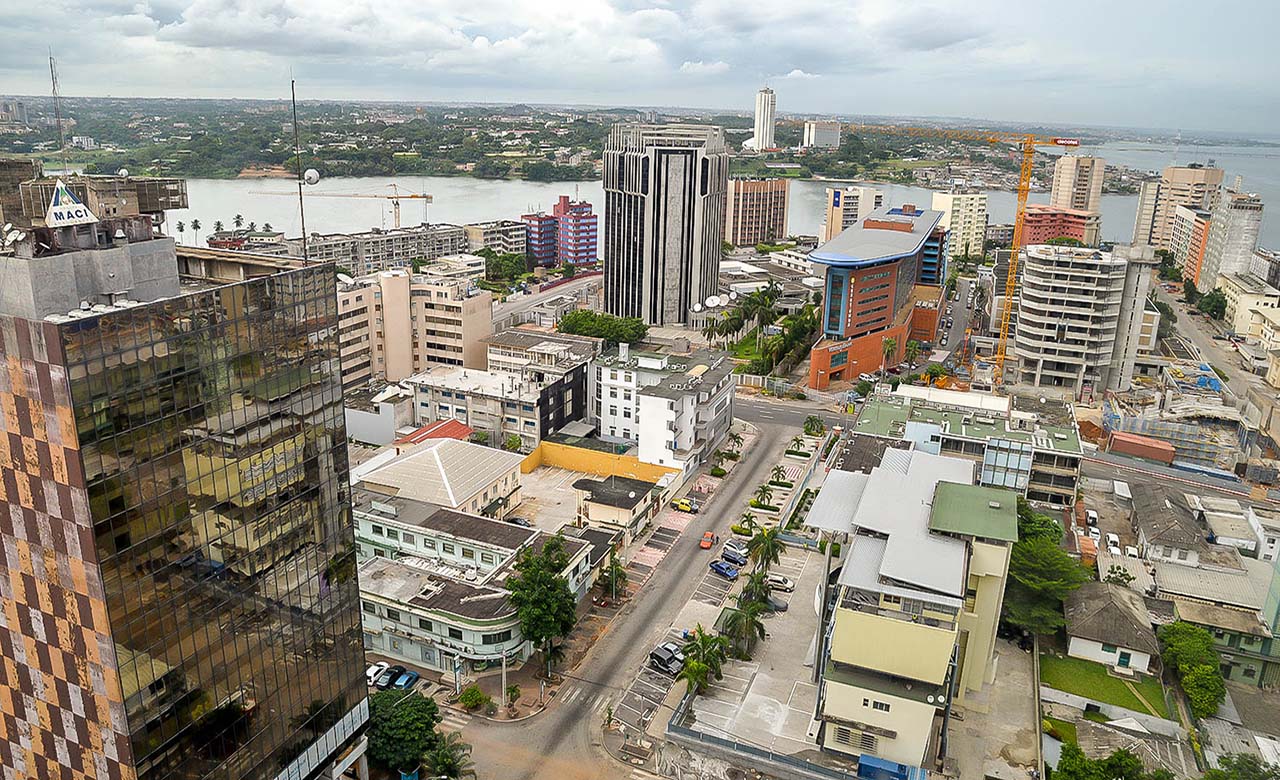Tanzanian farmers reap big from online trading platform

TMX chief executive officer Godfrey Malekano speaks during a seminar with news editors in Dar es Salaam yesterday. PHOTO | Michael Matemanga
What you need to know:
- The TMX system is designed to provide a platform for farmers to receive affordable prices for certain commodities based on the principles of fair competition, transparency, and the quality of their produce
Dar es Salaam. Farmers have benefited from the Tanzania Mercantile Exchange’s (TMX) online trading platform technology, which has pushed up prices in recent years, statistics show.
This is despite the fact that some people,notably middlemen who used to cash in on farmers’ hard-earned crops, continue to provide a barrier to TMX’s goal of expanding its services to encompass many farmers and other producers, including livestock keepers, in the country.
Speaking in Dar es Salaam yesterday, the TMX chief executive officer, Mr Godfrey Malekano, said the average additional income for farmers per kilogramme currently stands at around Sh1,850, a massive rise from the past situation when trading was being undertaken in unofficial channels.
With the average rise in prices, farmers have increased their productivity and improved their products so that they can be accepted in international markets.
The TMX system works in such a way that it offers a platform for farmers to access reasonable prices for specified commodities based on principles of fair competition, transparency, and the quality of their produce.
And, according to Mr Malekano, between 2019 and 2013, the TMX traded a total of 135,000 metric tonnes of different crops, including coffee, cocoa, and cashew nuts, among others, valued at a total of Sh287.98 billion.
A good chunk of the money went to farmers directly.
“Our systems are transparent. The price of the crops is made public, so both the producer and the buyer can see it and agree. This kind of transparency comes with battles because it removes some people from the trading system,” he said during his briefing to editors yesterday.
The briefing was a continuation of such events, which are coordinated by the office of the Treasury Registrar, which is under Mr Nehamia Mchechu.
He said TMX would continue with the provision of public education and awareness on why farmers stand to win by selling their products on the platform.
He said TMX has helped farmers grow crops with the required standards as well as increase productivity due to the assurance of getting the right price and the availability of the market, both locally and internationally.
The TMX system also assures producers of reliable market information, while district, town, and city councils also find it easy to collect revenue. It also stimulates the establishment of industries and helps the country get much-needed foreign currency. Trading through the TMX platform also facilitates business at an affordable cost in the Africa Continental Free Trade Area (AfCTA).
Giving an example of the ongoing coffee trading season in Kagera, Mr Malekano said in the past there were complaints about coffee being smuggled into neighbouring countries, but after the system was introduced, even farmers from neighbouring countries were bringing their produce to Tanzania for sale on the platform.
“For example, in the Kagera region, they collected a total of Sh2.9 billion in revenue through the system, which is an increase of 100 percent for the year 2022. In the past years, it was a challenge until they put roadblocks in place in order to be able to get taxes, but currently, the money is deducted directly after the buyer makes the payment,” he emphasised.
He said the electronic system continues to be improved to add more products for sale, as well as enabling reverse auctions where buyers can advertise to buy a certain amount of products of a special grade in a special delivery area, and sellers compete on the system during trade sessions.
“We will continue to provide education and reach a large number of stakeholders so that they can understand the system and its contribution to the economy, as well as conduct research in order to increase the number of products,” he said.





